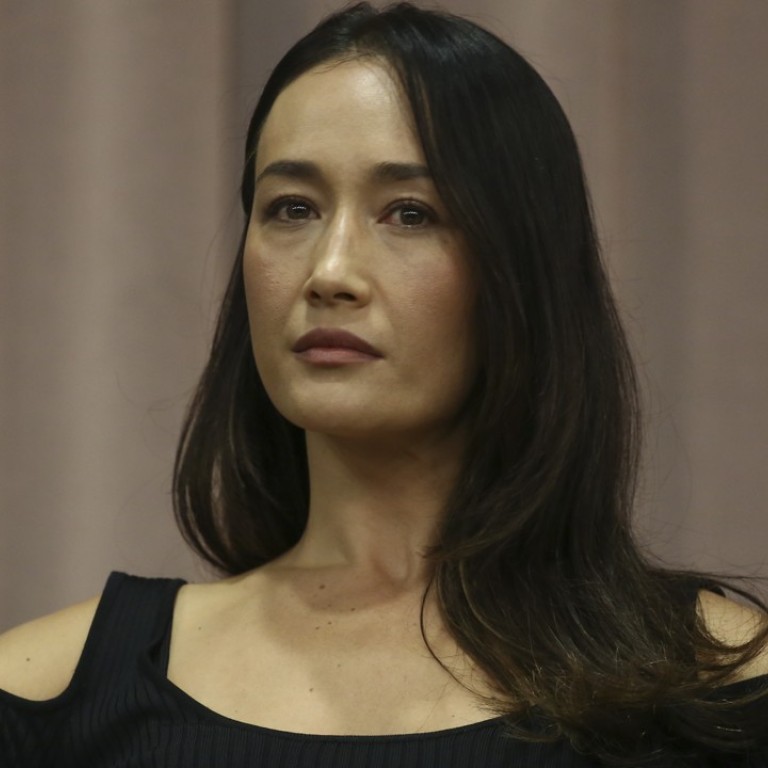
Hollywood actress Maggie Q on how becoming vegan can help save the planet
The Mission: Impossible star tells City Weekend of her passion for animal welfare and why she became a vegan
Despite starring in major blockbusters alongside the likes of Tom Cruise and Bruce Willis, for Hollywood actress Maggie Q, stardom is a means to an end.
The Mission: Impossible III star views her acting career as a stepping stone to pursuing her true passion – environmentalism.
From supermodel Gisele Bundchen’s eco-friendly flip-flop line to a Leonardo DiCaprio film on global warming, those in the limelight are leveraging their celebrity status to push causes close to their heart.
For Q, promoting veganism is her way of doing her bit to build a sustainable future. She says carbon emissions from animal farming are “the real issue driving climate change”.
“Once you’ve done the research you can’t unlearn what you know,” Q told 250 students at City University’s Sustainability Lecture Series before later speaking to City Weekend.
She became a vegan 20 years ago.
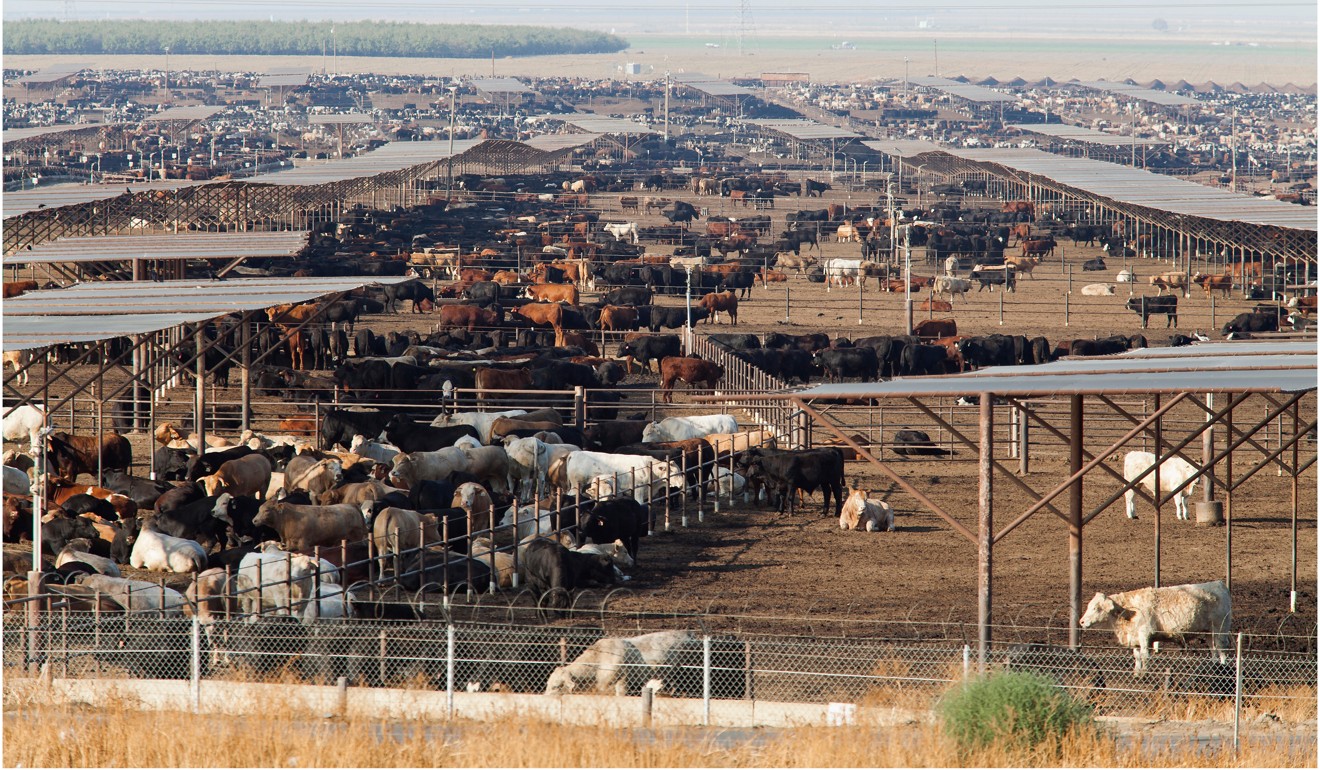
A report by the United Nations in 2010 said a global shift towards a vegan diet would be vital to save the world from hunger and the worst effects of climate change.
One lesser known cause of climate change is raising animals for food consumption, which requires huge amounts of land, food, energy and water.
Maggie Q steps back into limelight for worthy cause
Over half of the world’s greenhouse gas emissions come from animal agriculture, according to a report by research organisation the Worldwatch Institute, and more than 90 per cent of the Amazon rainforest land cleared since 1970 has been used to raise livestock.
Q tells City Weekend that kicking our meat habit will be the most important building block towards preserving our planet for future generations.
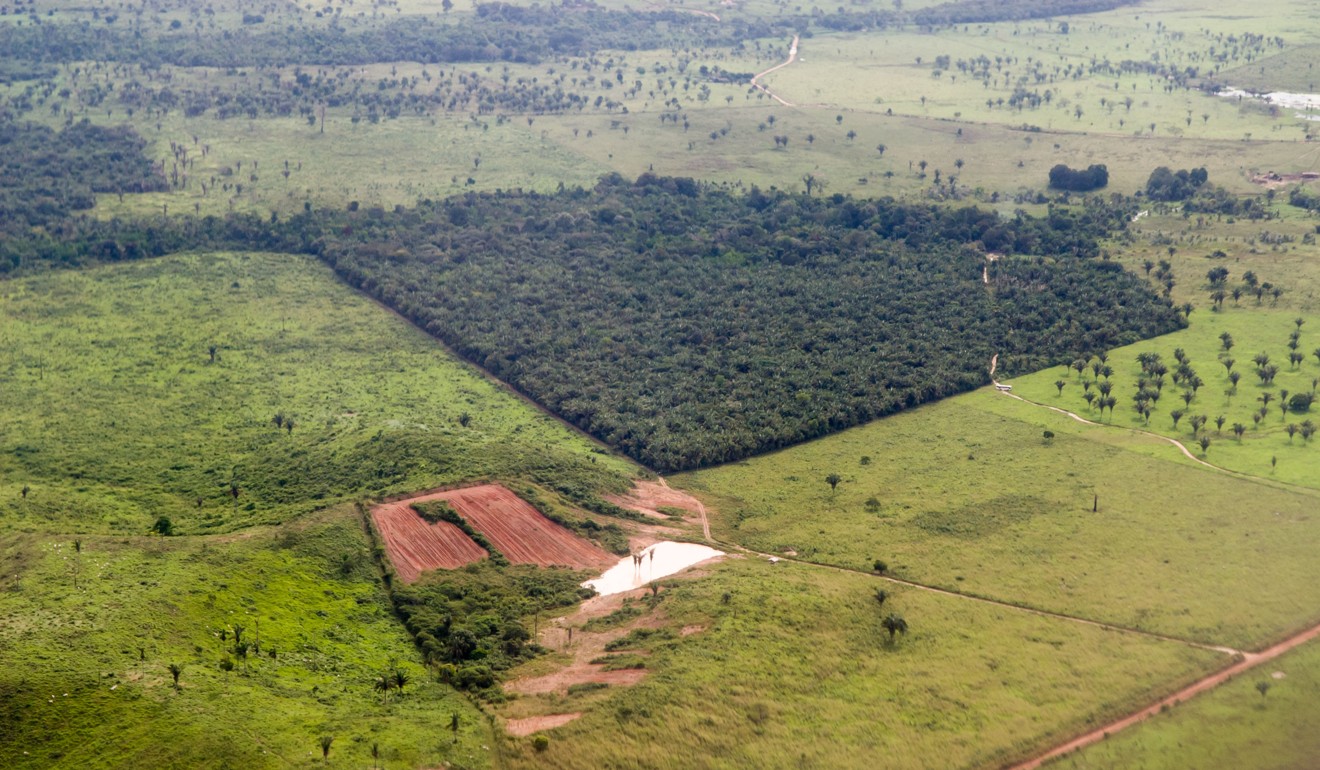
How do animals relate to environmental sustainability?
We are seeing climate change right in front of our eyes. One of the things that is missing from political discourse, from policy, from government, is the fact that the leading cause of carbon emissions in the world is animal agriculture and no one is talking about it. This is the real issue that is driving climate change.
How a Hong Kong raw vegan marathon runner prepares for a race, and why she began winning after giving up meat, eggs and dairy
Ninety per cent of rainforest destruction is caused by animal agriculture. We raise 70 billion animals for food annually – this is using up 45 per cent of the world’s land mass and most of our water. In the United States, 5 per cent of our fresh water is used in homes and 55 per cent goes to animals so that we can eat richer foods.
About 18 per cent of emissions are from animal agriculture, and 13 per cent are from transportation. That 18 per cent is from the methane, the ammonia, the nitric oxide which is being put into the air by animal waste.
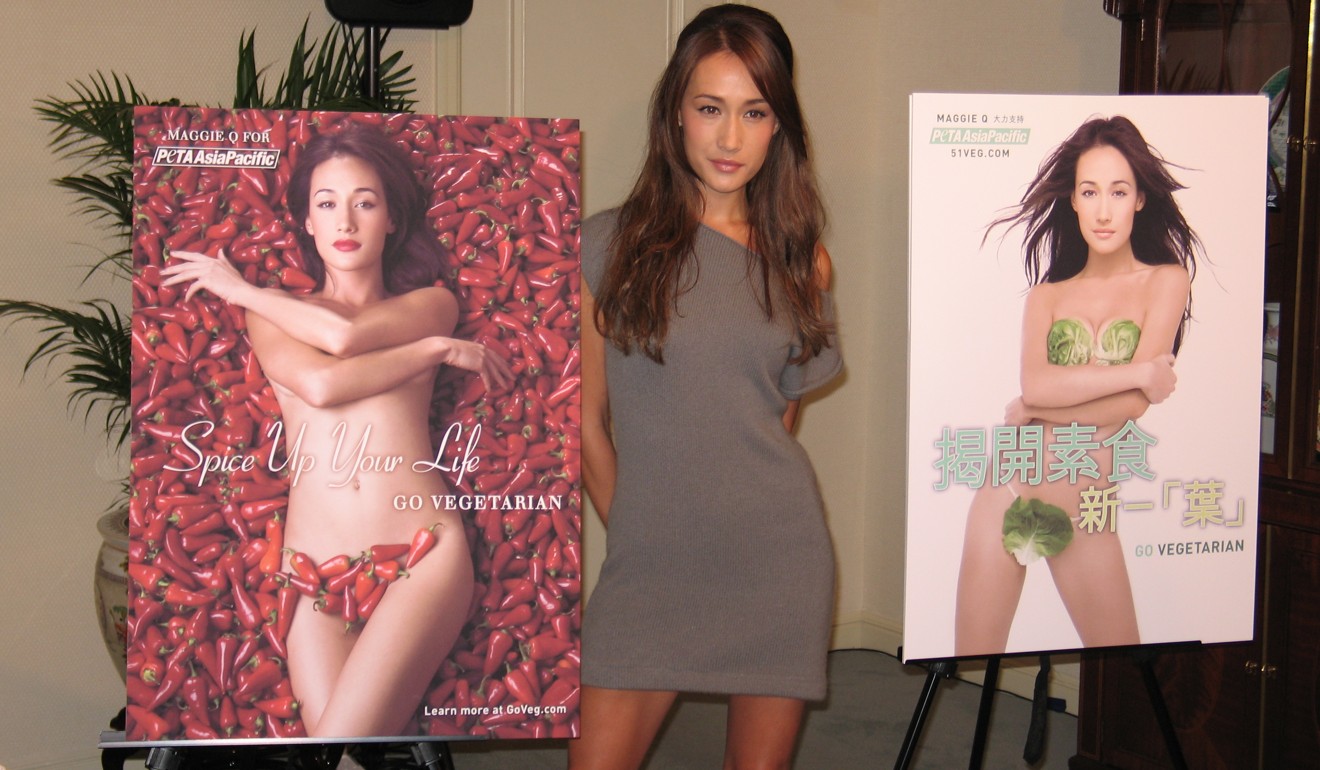
It’s not a sustainable way to live. First world countries are very spoiled: we can eat richer foods because we have the money to attain them. You have to remember there is a cost, it doesn’t come for nothing: 80 to 90 per cent of the fresh water in the US goes to agriculture.
I understand it’s a topic that makes people uncomfortable. Food is a comfort thing and we associate it with being cared for. But the truth of the global impact cannot be denied any more. The science is there.
Meet the meat-free Hong Kong parents on a vegan mission
What is the main thing we can do in everyday life to pass on the Earth in a sustainable way to future generations?
I can’t tell anyone else what to do, but I don’t eat animals: that is my daily solution. As a vegan I save 1,100 gallons of water a day. It takes 440 gallons of water to produce a pound of eggs, 1,000 gallons to produce a gallon of milk, 900 gallons to produce a pound of cheese, and 2,500 to produce beef. If we are talking about a sustainability message, you cannot leave out the animal message – absolutely impossible.
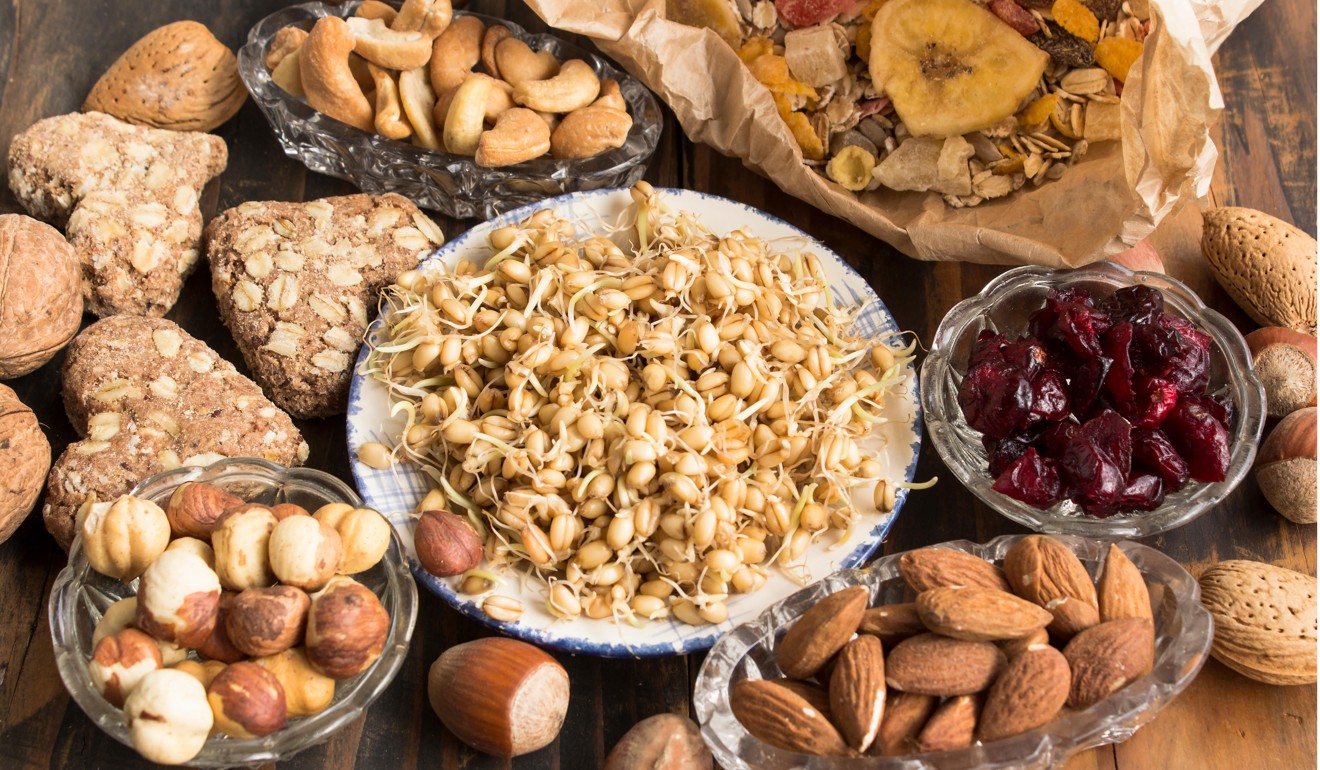
I don’t have the power to make the change I want to. I can only wake up every day and look in the mirror and say I am making the best decision. I worry about the world I am leaving. We are looking at a world that is facing ultimate destruction if we don’t make better, smarter choices, and that starts with you. Every dollar you spend goes to feed a corporation that is either responsible or not responsible. I have felt in life very underpowered in moments because it can be a very overwhelming issue. In the absence of my power in some areas, I know that every single day my dollar is a vote. And I don’t want to contribute to anyone who is not responsible. That is the power I have. Know that every day when you wake up you have those choices, and those choices can become very powerful for the future of our environment.
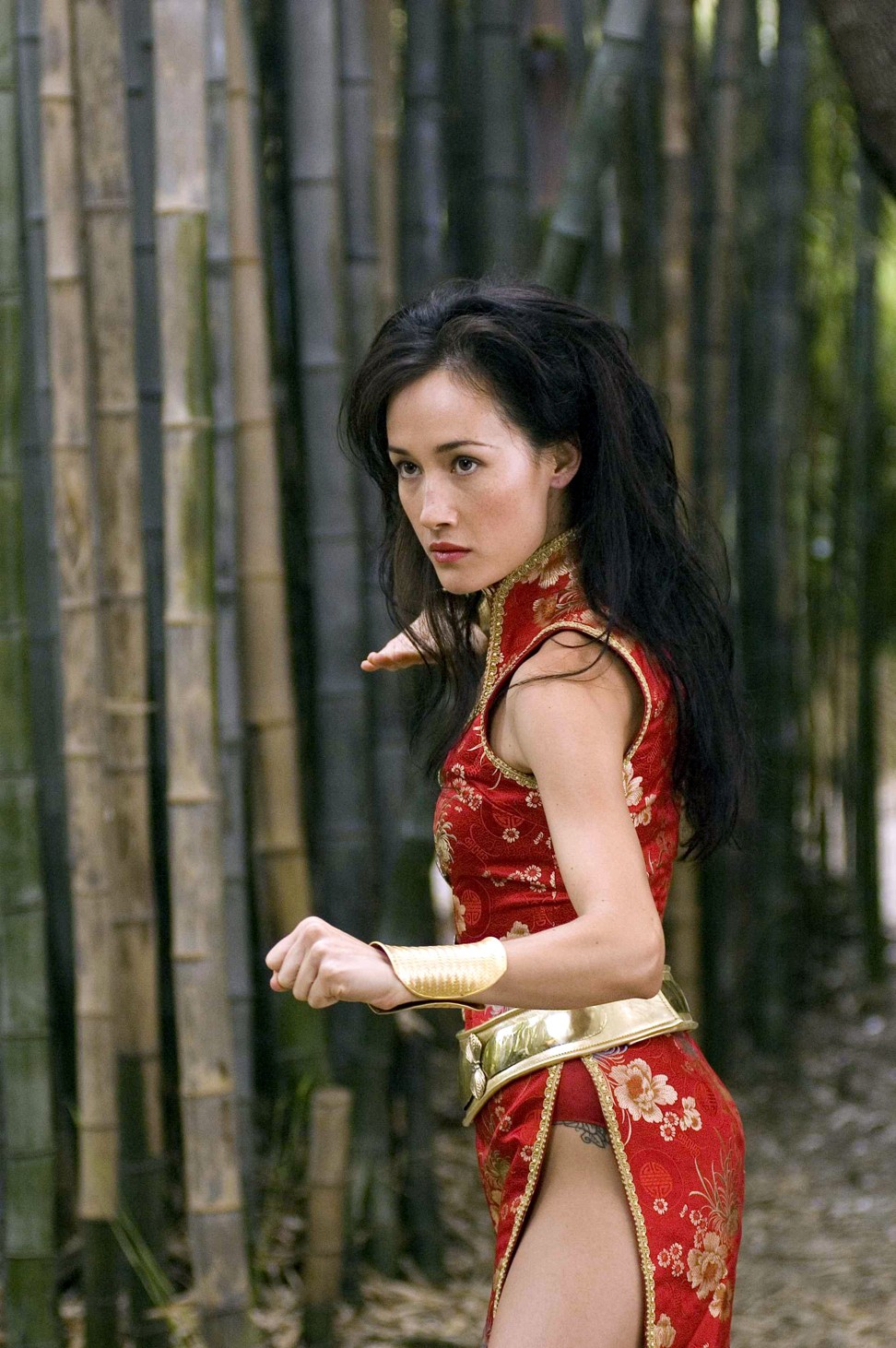
What is the main issue China, or Hong Kong, needs to address when it comes to the environment?
With China being the leading population in the world, when you talk about carbon emissions from food, this is the largest footprint in the world. Meat consumption in China has gone way up because of the influence of the Western diet. The No 1 restaurant in China is KFC, which I find completely disgusting, but they are being influenced by our fast food. So there is no country in the world that has a bigger carbon footprint than China.
As an A-list star, Maggie Q uses newfound influence to help her furry friends
What are your thoughts on China’s Yulin dog meat festival?
Any kind of cruelty for me is off the table. I understand that culturally certain people do certain things, but when I speak to my Chinese friends they say that this is not cultural, this is new. This is not something that is ancient, that they have done forever. A lot of times these practices spring up because they make money. If you’re just collecting animals off the street or stealing people’s dogs, that is not a lot of overheads.
What does it mean to use your platform to speak out, and do you feel pressured to do so?
Passion – that’s all I feel. Our rainforest, the lungs of the planet, are disappearing because we need to feed our cows. That’s not worth it, a steak is not worth that.
I sort of feel like my career is a stepping stone to talk about the things I really want to talk about. I enjoy my career – I’m an artist, a creative person and obviously that fulfils a certain part of me – but at the same time we have a social responsibility as people in the public eye to speak of the things we are passionate about, the things we believe can make a difference. And if we are not doing that, why do we even have a public platform?
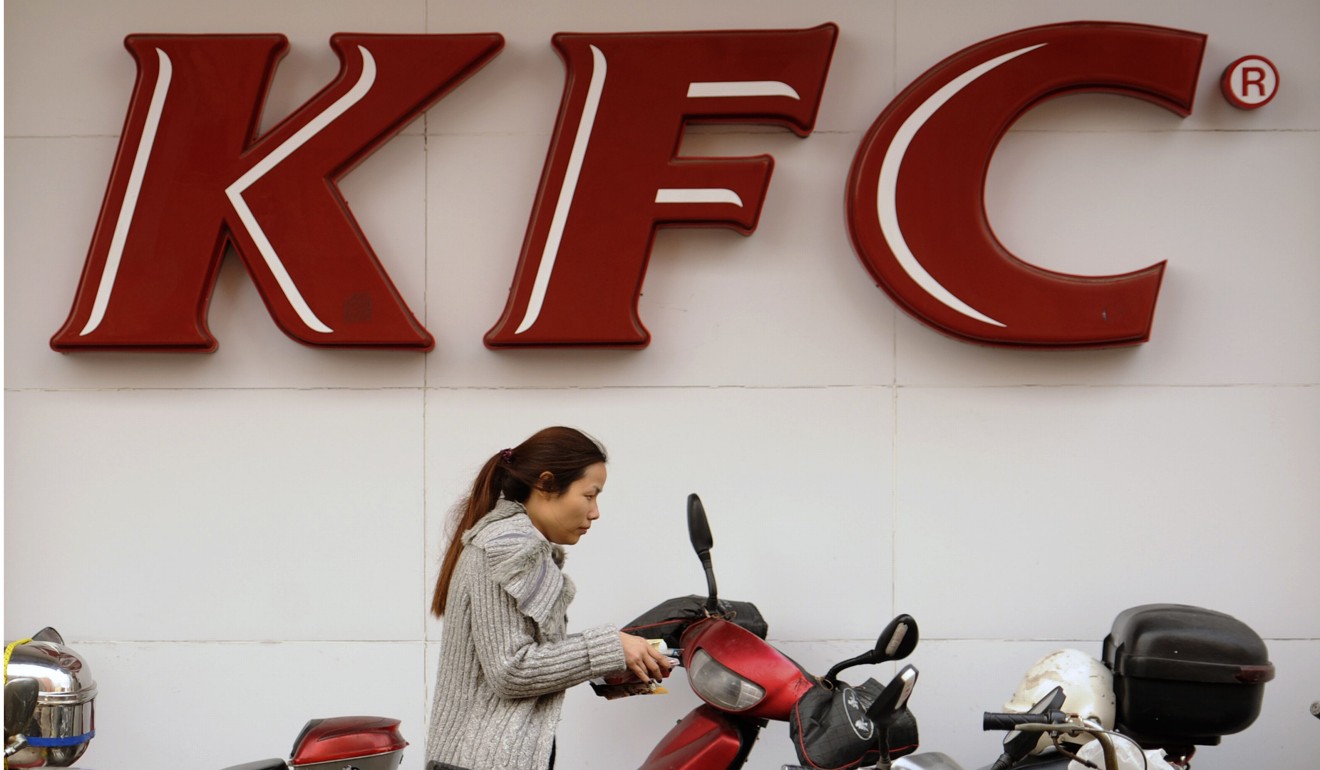
How do you influence people around you to lead a green life?
With the facts. The thing is, now we have statistics that are undeniable. I used to try to influence people to be more compassionate in their lifestyle and their diets, but you can’t always influence people to be compassionate the way you are. We are different people for different reasons, but now with the environmental impact and footprint that a meat diet has, you really can’t look at the facts and not care what is being done to our planet.
A meat diet is the No 1 destroyer of our planet. No 2 is transportation, and even 25 per cent of that transportation is meat transport, so now we are talking about the No 1 and No 2 killers of our planet. This is unacceptable. We know the facts, and if we are not doing anything about it, not making individual decisions to be better, we are guilty of destroying our planet.
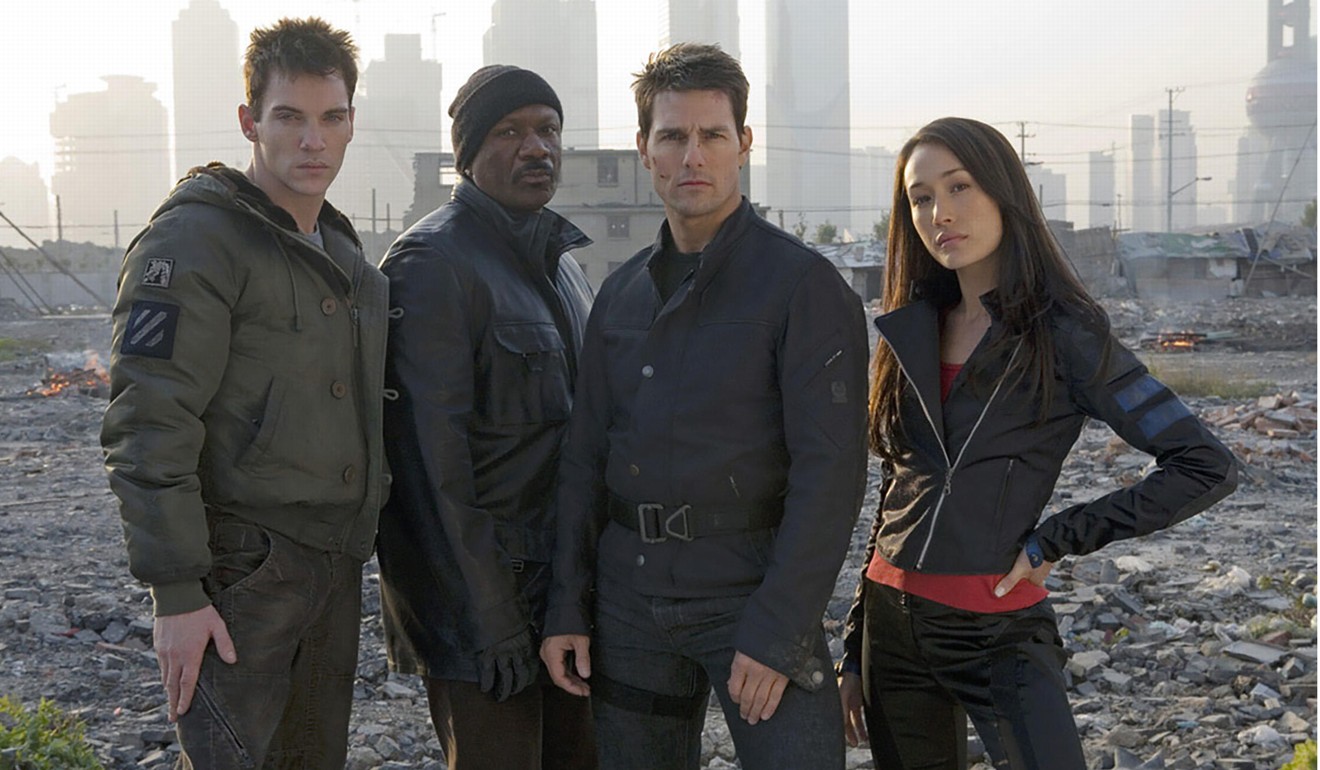
It is difficult to eat cheaply as a vegan. How do we get companies to supply more options?
There is a way to eat sustainably that is not super fancy, where you don’t have to shop in Central. I was talking to someone the other day about his rice and beans supply: US$20 a month feeds him all the beans and protein he needs. He buys vegetables at the farmers’ market – grains in bulk. That’s really how you bring the price down. If we don’t demand it, the price is not going to come down.
There is a fear in the business world – no one wants to be on the outside of what people want. You guys in Hong Kong had the massive protest a few years ago that was so impressive, I started crying when I saw. The Hong Kong people so impressed me, because it was something they truly believed in. They took to the streets and they said, this is not something we can accept. That is what you do with your dollar; silently, in your homes, on your credit card, at the ATM – you can protest daily through your decisions, or you can do it en masse as you did, but again, the power is in our hands.
No meat and greet: Hong Kong vegetarian and vegan society bringing people together ... and even omnivores are welcome
Do you have any future plans for movies in China, or about the environment?
If the script is good, I’ll work anywhere. I am talking to different movie companies in China and Hong Kong all the time, but it’s hard because of the timing. When you’re on a television show, you work nine or 10 months of the year, so it’s hard to find the time.
There are three things I want to make movies about: environmental problems, animals and human rights. Those are the three things I look out for all the time.
You were selected by Jackie Chan in Hong Kong as a future action star. How does it feel to be back in the city?
For me it’s very personal because I’ve met some of my best friends in the world here. I have people here who are like family, so coming back is important to me. It’s been a long time.

MAKING SENSE OF MAGGIE
Maggie Q was born in Honolulu in Hawaii to an Irish and Polish father and a Vietnamese mother.
The 38 year old left the islands as a youngster after her family were unable to support her through her course studying veterinary science at university, and so she started modelling in Tokyo aged 17.
She later undertook modelling work in Hong Kong where she began going by the surname Q after finding Asian audiences had trouble pronouncing her actual surname, Quigley.
She was spotted by Jackie Chan as a potential action movie star and later worked alongside him in Rush Hour 2. Next came a role in spy thriller Mission: Impossible III, in which she starred opposite Tom Cruise. Since last year she has been seen in the drama series Designated Survivor as FBI agent Hannah Wells.
In case you're wondering, Maggie Q's Asia's hottest vegetarian
Q was named by People for the Ethical Treatment of Animals (Peta) as 2008’s Asia-Pacific person of the year. Last year she appeared on a billboard for the NGO to promote diet change in aid of climate change.
Facts about Q:
● At one stage she took care of eight rescue dogs, and now has two
● She has three tattoos: one on each arm, and a phoenix on her left hip
● She won an athletics scholarship to university
● She got engaged to her fiancé, American actor Dylan McDermott, after four months dating
● Yoga is her main form of exercise
● She has been trained in sword fighting

